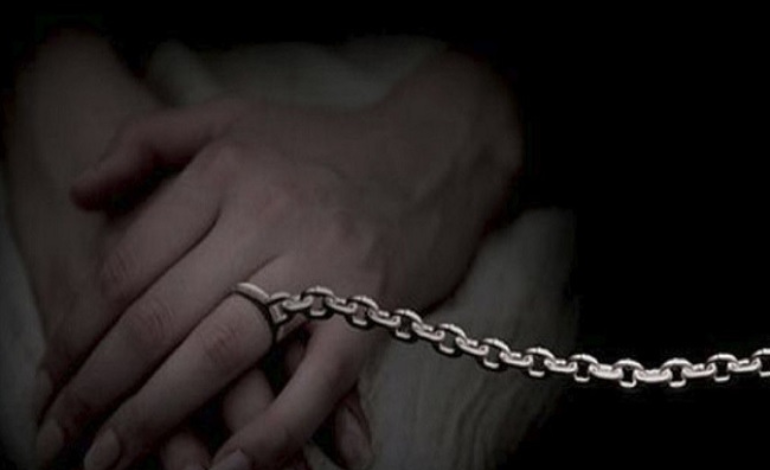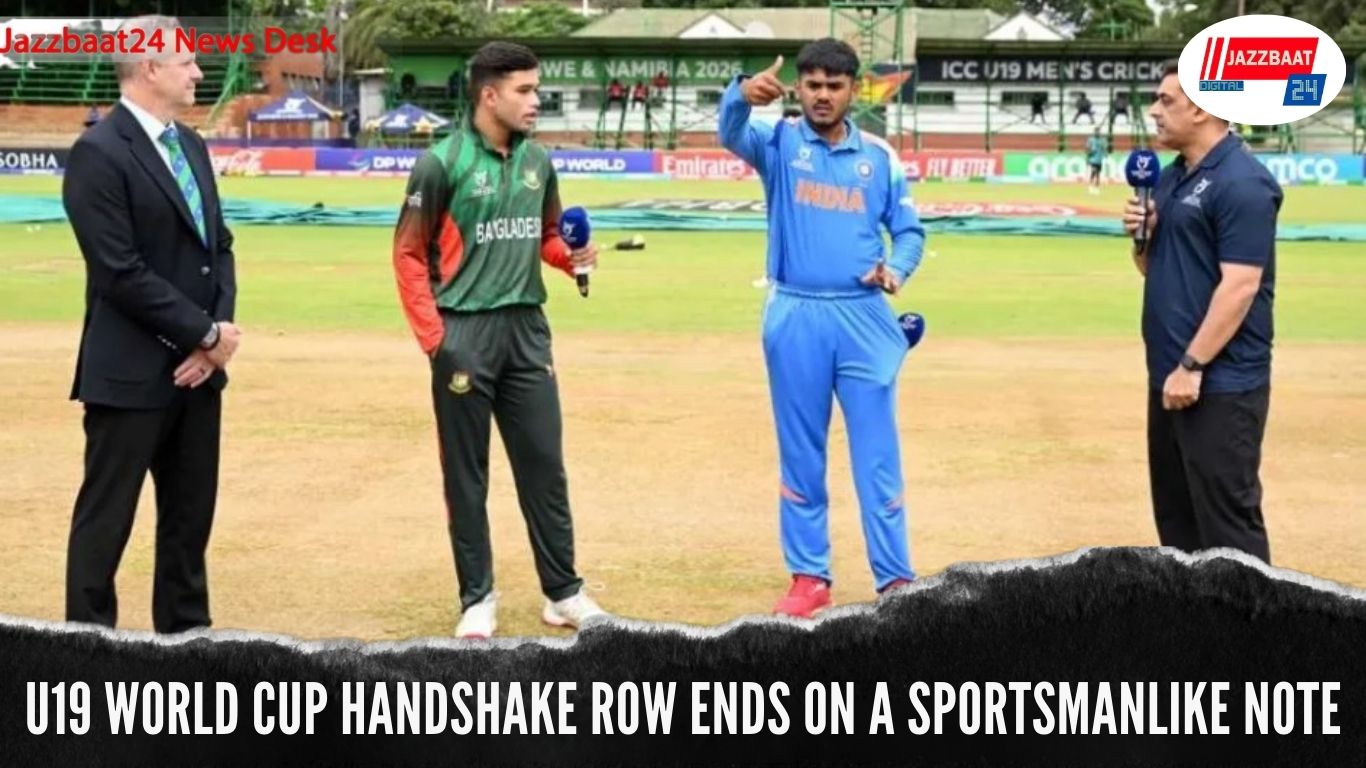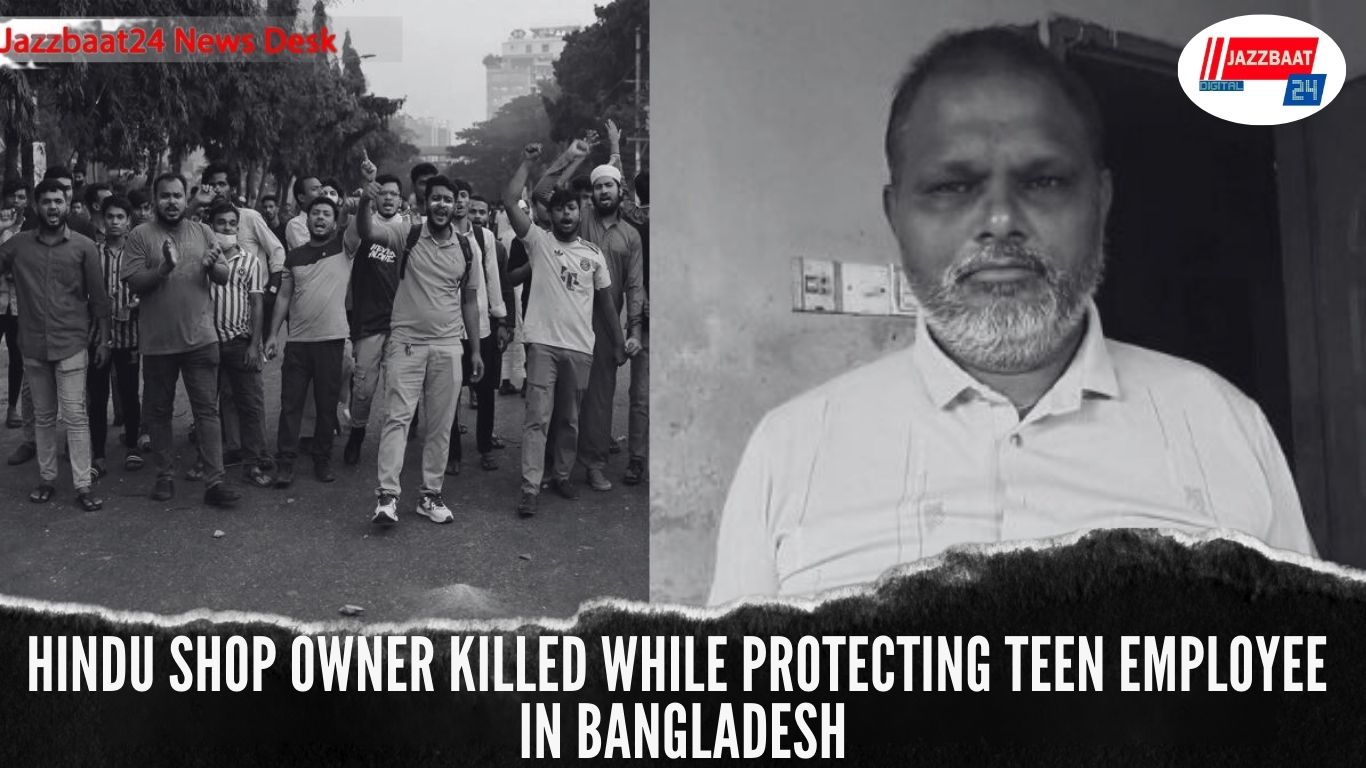Exception 2 to Section 375 (rape) of the Indian penal code, which exempts a husband from rape for forcible intercourse with his wife, was declared unconstitutional by Justice Rajiv Shakdher.
In the meantime, Justice Hari Shankar stated that he disagreed with Justice Shakdher and that Exception 2 to IPC Section 375 does not violate the Constitution.
Sexual intercourse or sexual acts between a man and his wife, if the wife is not a minor, are not considered rape under IPC Section 375.
A certificate to appeal has been granted by the judges.The Supreme Court ruled that the case involves significant legal issues.
The petitioners argued that Section 375's marital rape exception was unconstitutional because it discriminated against married women who were sexually attacked by their husbands.
After protracted hearings on the topic, a bench of Justices Shakdher and HariShankar reserved its verdict on the petitions seeking to overturn the exceptionafforded to husbands under Indian rape law on February 21.
When a girlfriend or live-in partner says "no," forced sex is illegal, according to Justice Shakdher.
"The relationship cannot be elevated to a higher level. He had stated, "A woman stays a woman."
Justice Hari Shankar, on the other hand, had highlighted the "qualitative difference" in the sexual equation between those who were married to each other and those who were not.
He had argued that "there is a right to expect sexual interactions from both sides in a marriage, but no such right when the parties are not married," and questioned if the court-appointed amicus was placing "too much stress" on the wife's assent.
The court had given the Centre two weeks to respond to a batch of petitions seeking to criminalise marital rape in February.
The Centre, on the other hand, requested that the hearings be halted, claiming that it had written a communication to all states and Union Territories requesting their input on the matter and urging the court to suspend the proceedings till the inputs were received.
The bench, on the other hand, refused to halt the proceedings in the lack of a deadline for the consultations to end, instead concluding the hearings and reserving the case for orders.
The court was considering PILs brought by the RIT Foundation, the All India Democratic Women's Association, and a man and a woman seeking to overturn the Indian rape law's exception for husbands.
The Centre had filed an affidavit in 2017 opposing the petitions, arguing that making marital rape a criminal offence would destabilise the institution of marriage and make it an easy tool for harassing spouses.
The Men's Welfare Trust, a non-profit organisation, opposes the petitions calling for the criminalization of marital rape.





